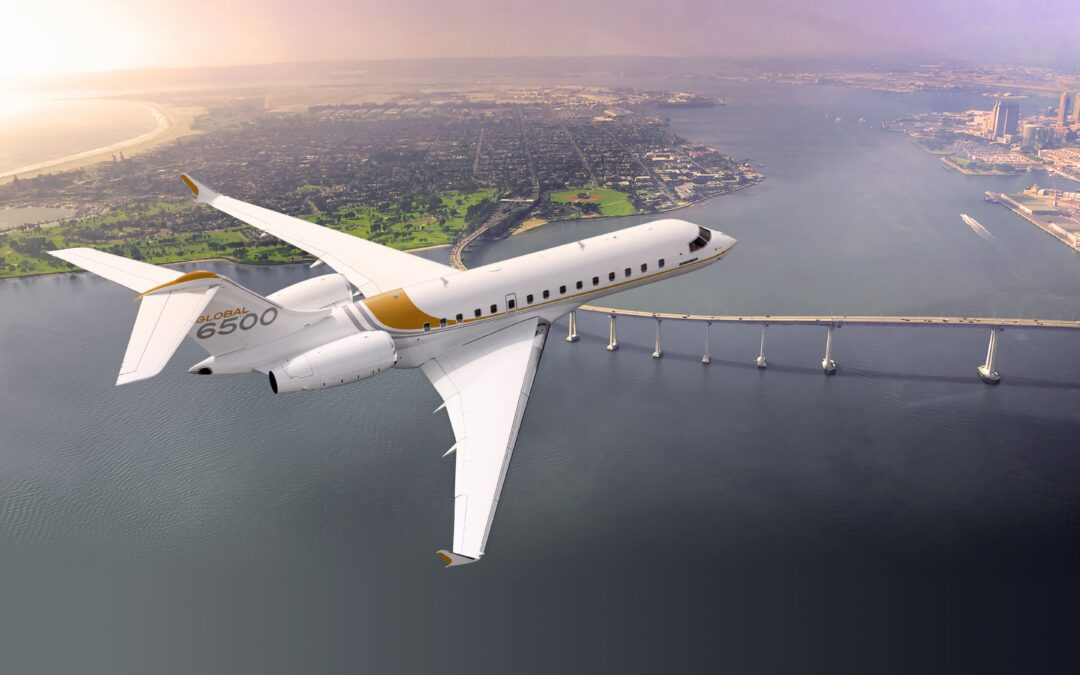With the growing awareness of environmental issues, theaviation industry is increasingly focusing on sustainable practices. Privateand business aviation, known for its convenience and flexibility, is nowexploring ways to align with global sustainability goals. Through technologicaladvancements and innovative approaches, the industry is paving the way for agreener future.
The Challenges of Sustainability in Aviation
Business and private aviation face unique challengesregarding sustainability. The sector has traditionally been resource-intensive,with a significant carbon footprint, reliance on non-renewable fuels, and otherenvironmental impacts. However, the industry is actively working to overcomethese challenges, and a growing number of companies are committing to adoptingmore sustainable practices.
Key Approaches to Sustainability in Private Aviation
1. Carbon Offsetting Initiatives
Many private aviation providers are engaging in carbonoffset programs to counterbalance the emissions from their flights. Theseprograms invest in projects that reduce or absorb CO2, such as reforestationefforts, renewable energy developments, and conservation initiatives. Byoffsetting carbon, companies are working to make their flights moreenvironmentally responsible.
2. Alternative Fuels
Sustainable Aviation Fuel (SAF) is becoming increasinglypopular as an alternative to traditional jet fuel. Derived from renewablesources, SAF can reduce carbon emissions by up to 80% and is gradually beingincorporated across the industry. Although SAF is not yet widely available, itsadoption is a significant step towards a more sustainable future for privateaviation.
3. Fleet Optimization
Efficiency in fleet management and route planning is anotherimportant area of focus. By optimizing flight routes and reducing unnecessaryfuel consumption, operators can minimize their carbon footprint whilemaintaining high standards of service. Many companies are investing intechnology and data analysis to achieve these efficiency gains and contributeto overall sustainability. Our JET365 Platform plans to streamline empty legbooking process connecting travellers faster than ever contributing to this issue.
4. Energy-Efficient Technologies & eVTOL Advancements
The development of energy-efficient technologies has aprofound impact on aviation sustainability. Modern aircraft designs incorporatelightweight materials, improved aerodynamics, and more efficient engines.Furthermore, the rise of Electric Vertical Take-Off and Landing (eVTOL)aircraft represents a breakthrough in sustainable travel for short-distanceroutes. eVTOLs are quieter, produce fewer emissions, and operate with electricpower, making them an exciting prospect for the future of eco-friendly aviation.
The Importance of Sustainable Private Aviation
Opting for sustainable private aviation reflects aforward-thinking mindset and respect for the environment. Clients who choosegreener options contribute to industry-wide efforts to reduce aviation’senvironmental impact. Moreover, sustainable practices in private aviation caninspire similar changes across other sectors, promoting a broader commitment toenvironmental stewardship.
Looking Ahead: The Future of Sustainable Aviation
The private aviation industry is continuously evolving inresponse to the need for sustainability. As new technologies and practicesemerge, they will play an essential role in shaping a more eco-friendly future.From reducing emissions to embracing renewable resources, the industry is on apath towards setting new standards for sustainability in aviation.

